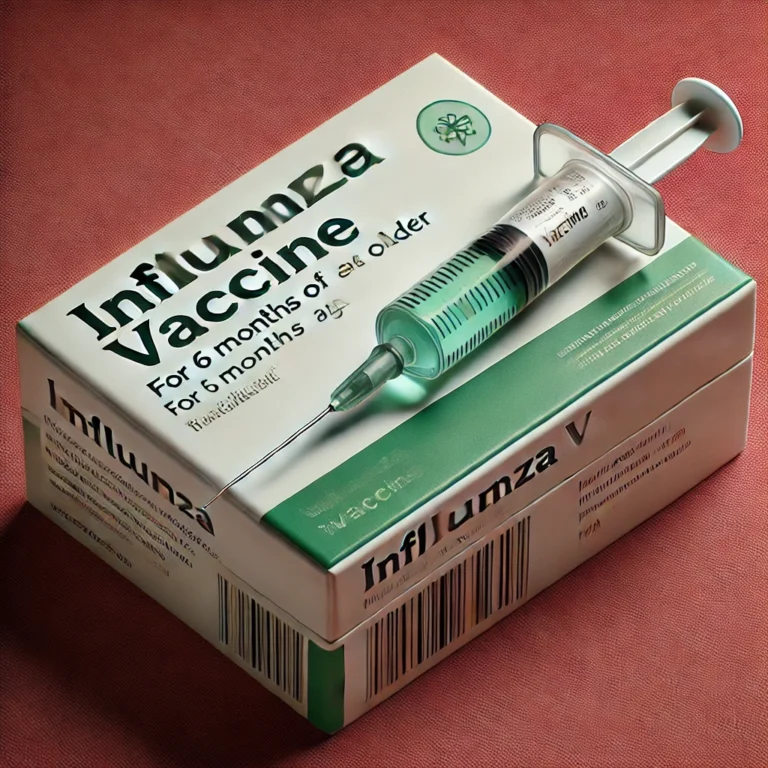Recent studies suggest that ketamine, a medication traditionally used for anesthesia, shows promising results in treating treatment-resistant depression. This article explores the potential of ketamine as a game-changer in mental health treatment, potentially offering hope to individuals who have not responded to conventional therapies.
Introduction:
For individuals suffering from treatment-resistant depression, finding an effective treatment can be a daunting challenge. However, recent research has highlighted a potential breakthrough in the field of mental health treatment. Ketamine, a medication known for its anesthetic properties, has shown promising results in addressing treatment-resistant depression. This blog post aims to delve into the research findings, discussing how ketamine may offer new hope to individuals battling this debilitating condition.
Understanding Treatment-Resistant Depression:
Treatment-resistant depression refers to a condition where individuals do not experience significant improvement in depressive symptoms despite undergoing multiple conventional treatments, such as antidepressant medications and psychotherapy. This form of depression can severely impact a person’s quality of life, leading to prolonged suffering and diminished overall well-being.
Ketamine as a Potential Game-Changer:
In recent years, ketamine has emerged as a potential game-changer in the treatment of treatment-resistant depression. Traditionally used as an anesthetic, ketamine has been found to have rapid and robust antidepressant effects in individuals who have not responded to other treatments.
Research Findings and Effectiveness:
Several studies have demonstrated the effectiveness of ketamine in treating treatment-resistant depression. Research indicates that ketamine can alleviate depressive symptoms within hours or days, providing much-needed relief for individuals who have previously struggled to find relief through other treatments. The rapid onset of action sets ketamine apart from traditional antidepressant medications, which may take weeks or even months to take effect.
Comparison to the Gold Standard:
The gold standard treatment for treatment-resistant depression is electroconvulsive therapy (ECT). However, the invasive nature and potential side effects of ECT make it a less favorable option for many individuals. Ketamine, on the other hand, offers a non-invasive alternative with a potentially similar level of efficacy.
Safety Considerations:
While ketamine shows promising results, it is important to consider safety considerations associated with its use. Ketamine infusions are typically administered in a controlled medical setting to ensure proper monitoring and minimize potential risks. Healthcare providers carefully assess each individual’s medical history and tailor the treatment plan accordingly.
Future Implications and Recommendations:
The potential of ketamine in treating treatment-resistant depression opens up new possibilities for mental health care. However, further research is needed to better understand its long-term effects and establish optimal dosing protocols. It is crucial for healthcare professionals to stay informed about the latest advancements in ketamine therapy and collaborate with patients to determine the most suitable treatment options.
Conclusion:
Ketamine has emerged as a potential game-changer in the treatment of treatment-resistant depression, offering hope to individuals who have not responded to conventional therapies. With its rapid antidepressant effects and potential comparability to the gold standard treatment, ketamine holds promise for transforming mental health care. As research progresses and protocols are refined, ketamine therapy may become a valuable addition to the arsenal of treatments available for individuals battling treatment-resistant depression, ultimately improving their quality of life and well-being.












